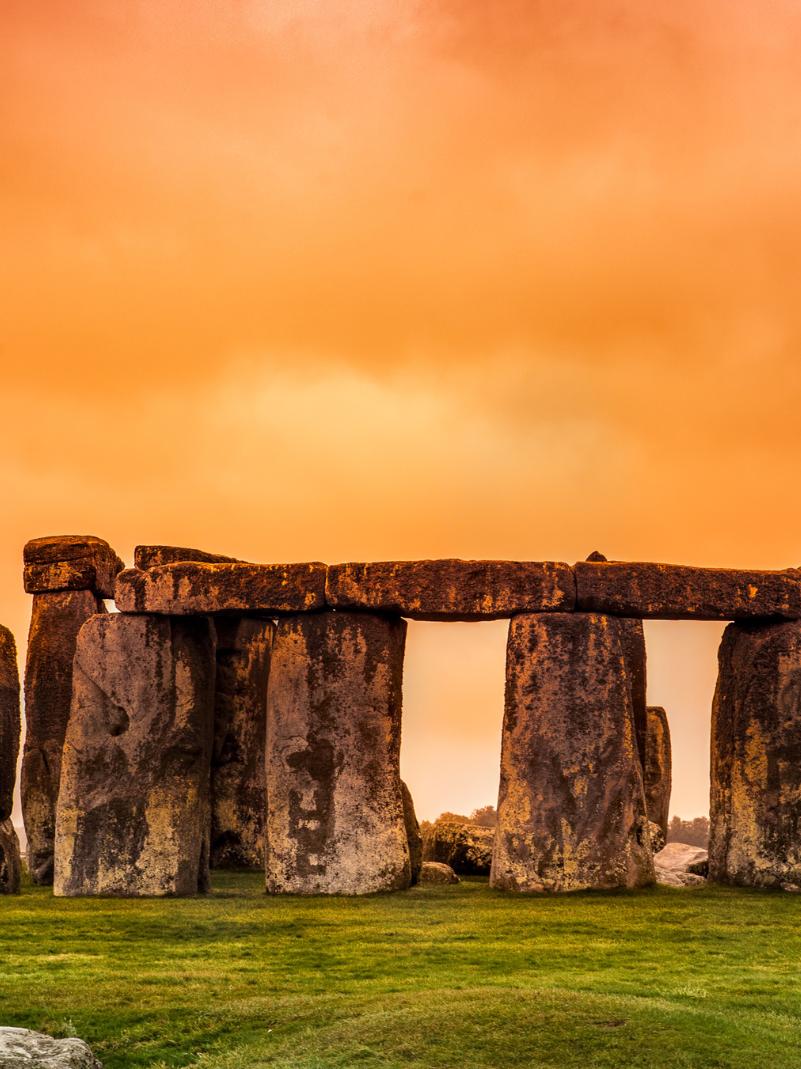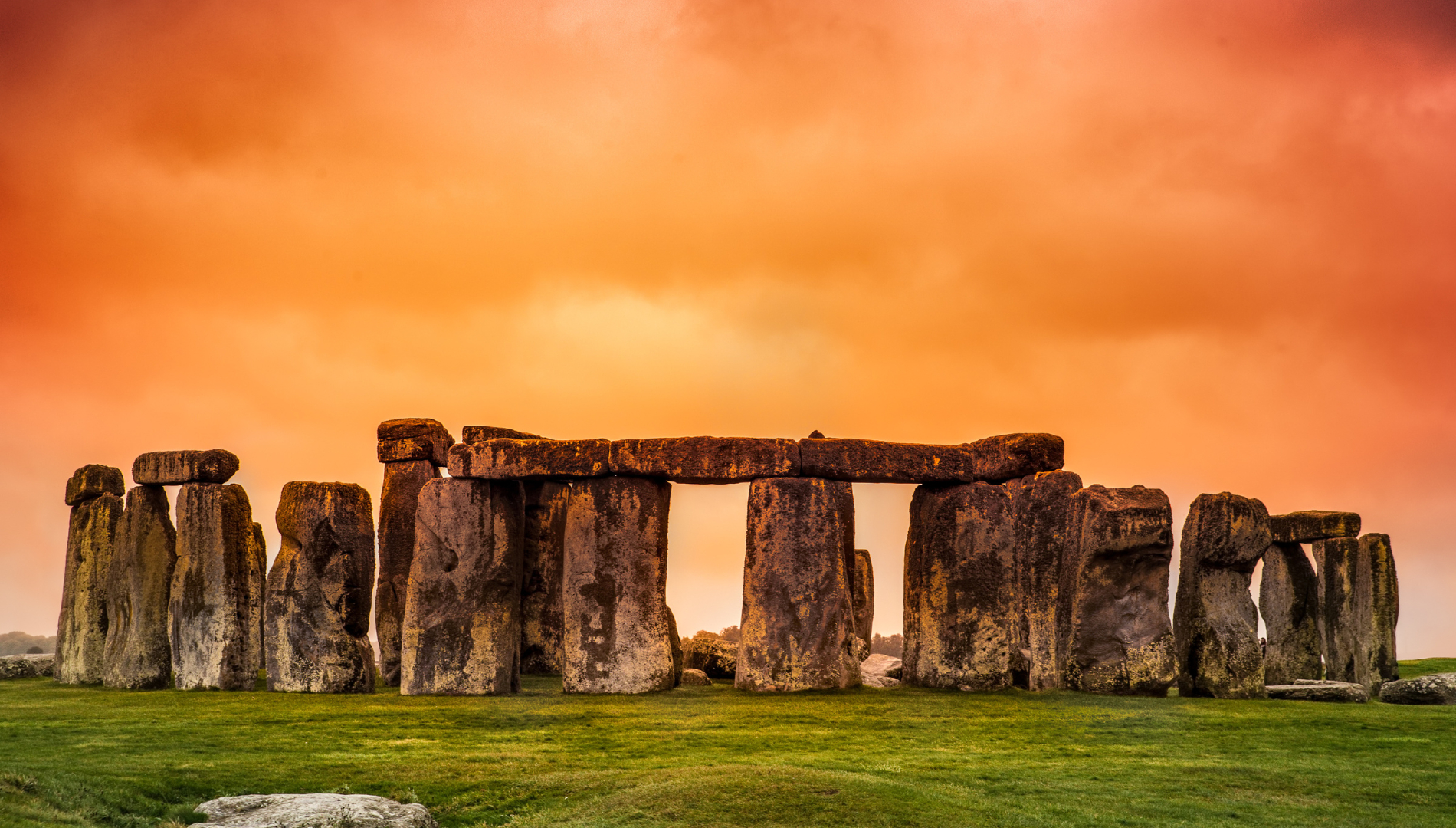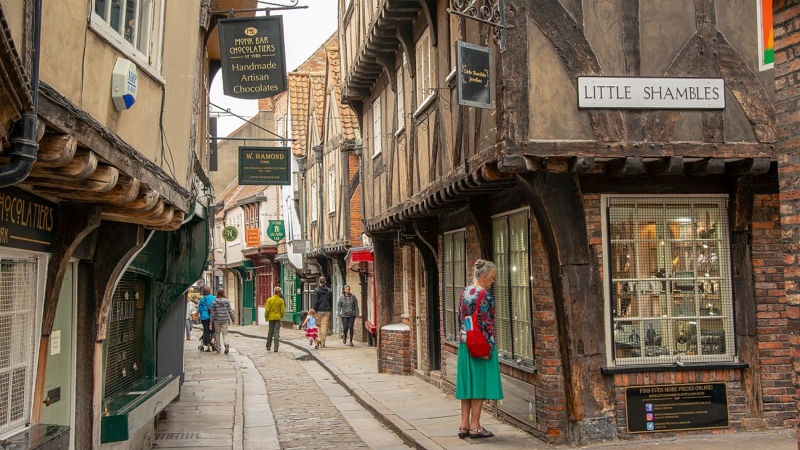UNESCO issued this recommendation due to concerns that the Stonehenge stone circle on the Salisbury plateau in England would be significantly impacted by the UK's tunnel construction project near the site.
Stonehenge – the famous prehistoric megalithic monument of Britain – is facing the risk of being added to UNESCO's list of endangered world heritage sites. This is due to a £1.7 billion (approximately $2.2 billion) tunnel construction project that runs near the monument. Conservationists fear that this project could cause "permanent and irreparable damage" to the area surrounding Stonehenge.
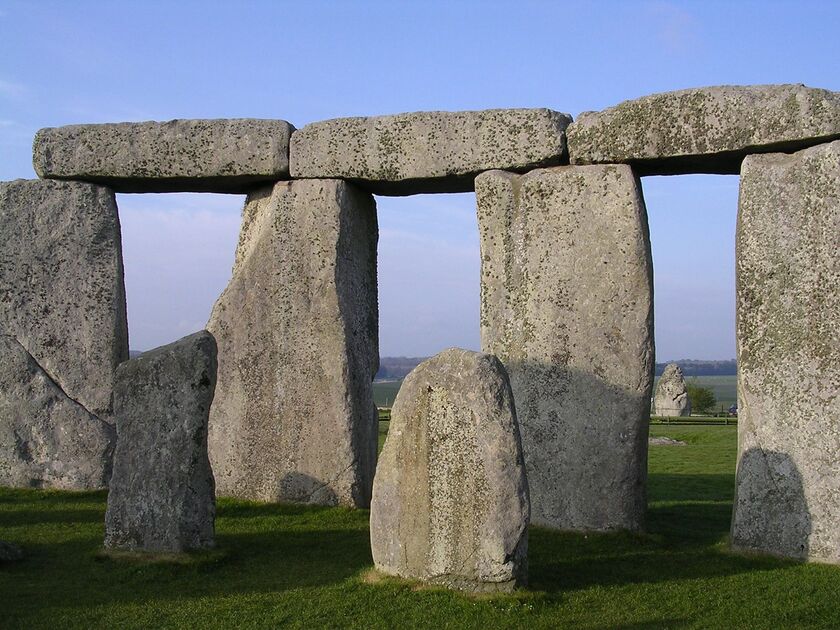
Stonehenge - a famous megalithic monument from prehistoric times in England.
Stonehenge has been recognized as a UNESCO World Heritage Site since 1986. Built in several phases between 3000 and 2300 BC, it is one of the most important prehistoric megalithic monuments in the world in terms of scale, intricate layout, and architectural precision.
UNESCO has repeatedly advised the British government on the tunnel project since 2017. Experts warn that tunnel construction could cause significant damage to the landscape surrounding Stonehenge, as well as affect the acoustic and visibility environment of the monument.
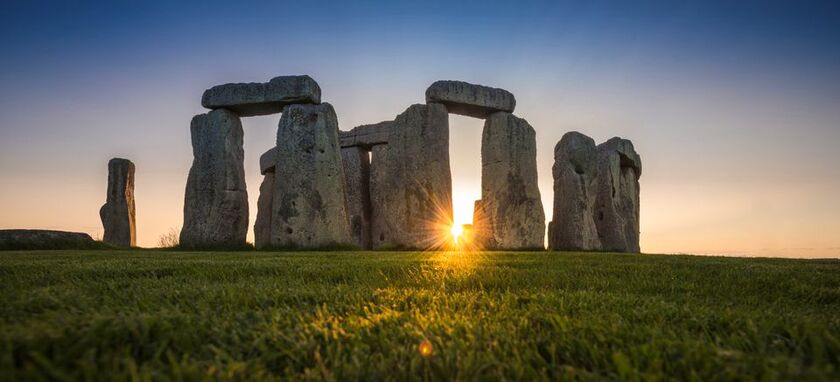
UNESCO fears that this site will be affected by the tunnel construction project near it.
UNESCO's inclusion of Stonehenge on its list of endangered world heritage sites is an important step in drawing international attention to the threats facing this monument.
This recommendation will have to be voted on by the member states of the World Heritage Committee at their meeting in New Delhi this July, and it is likely to be adopted.
In 2021, UNESCO removed the port city of Liverpool in Northwest England from its list of World Heritage sites. The reason given was that new real estate projects in the city had caused too much damage to the integrity of the heritage site.

 VI
VI EN
EN



